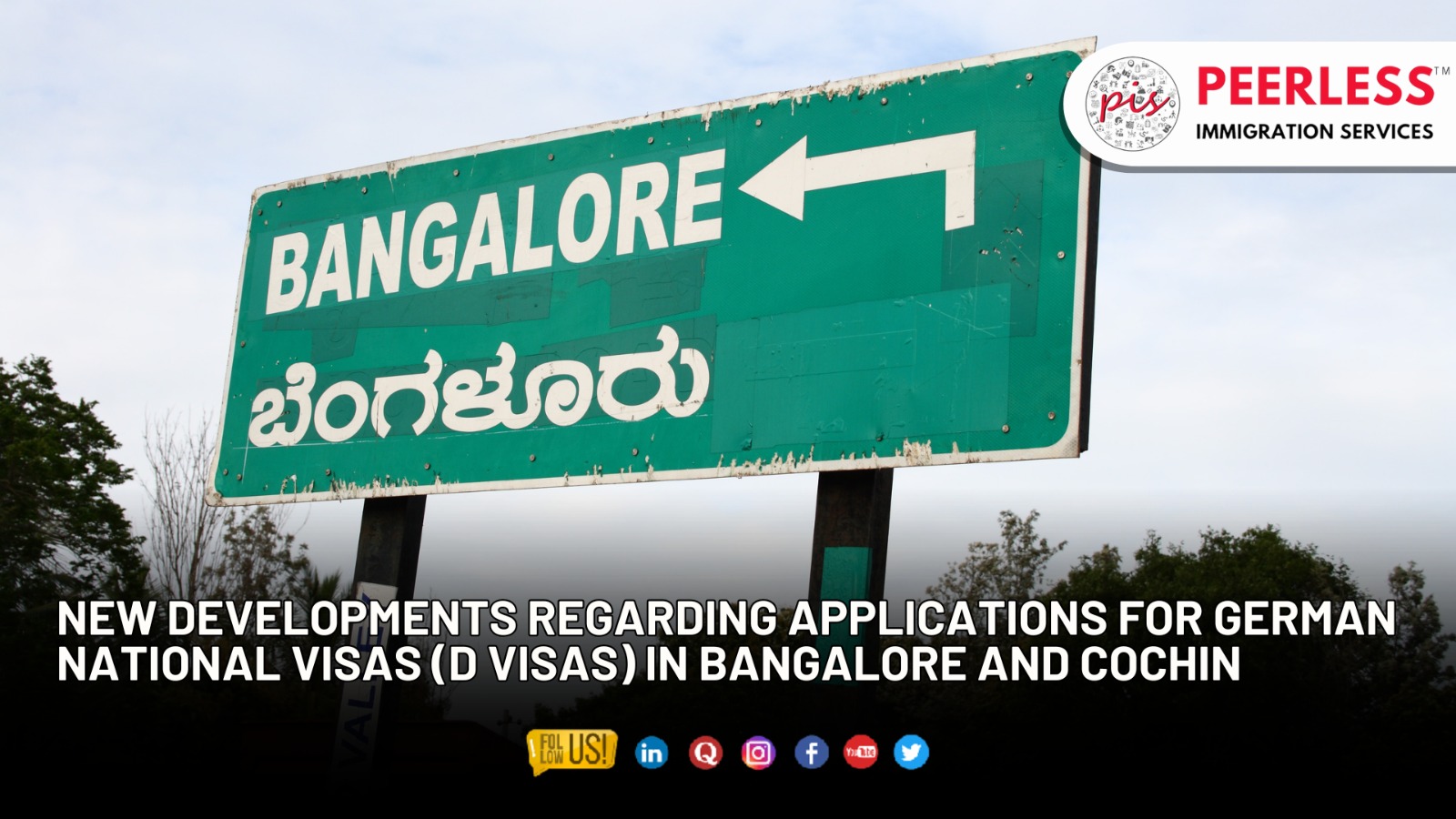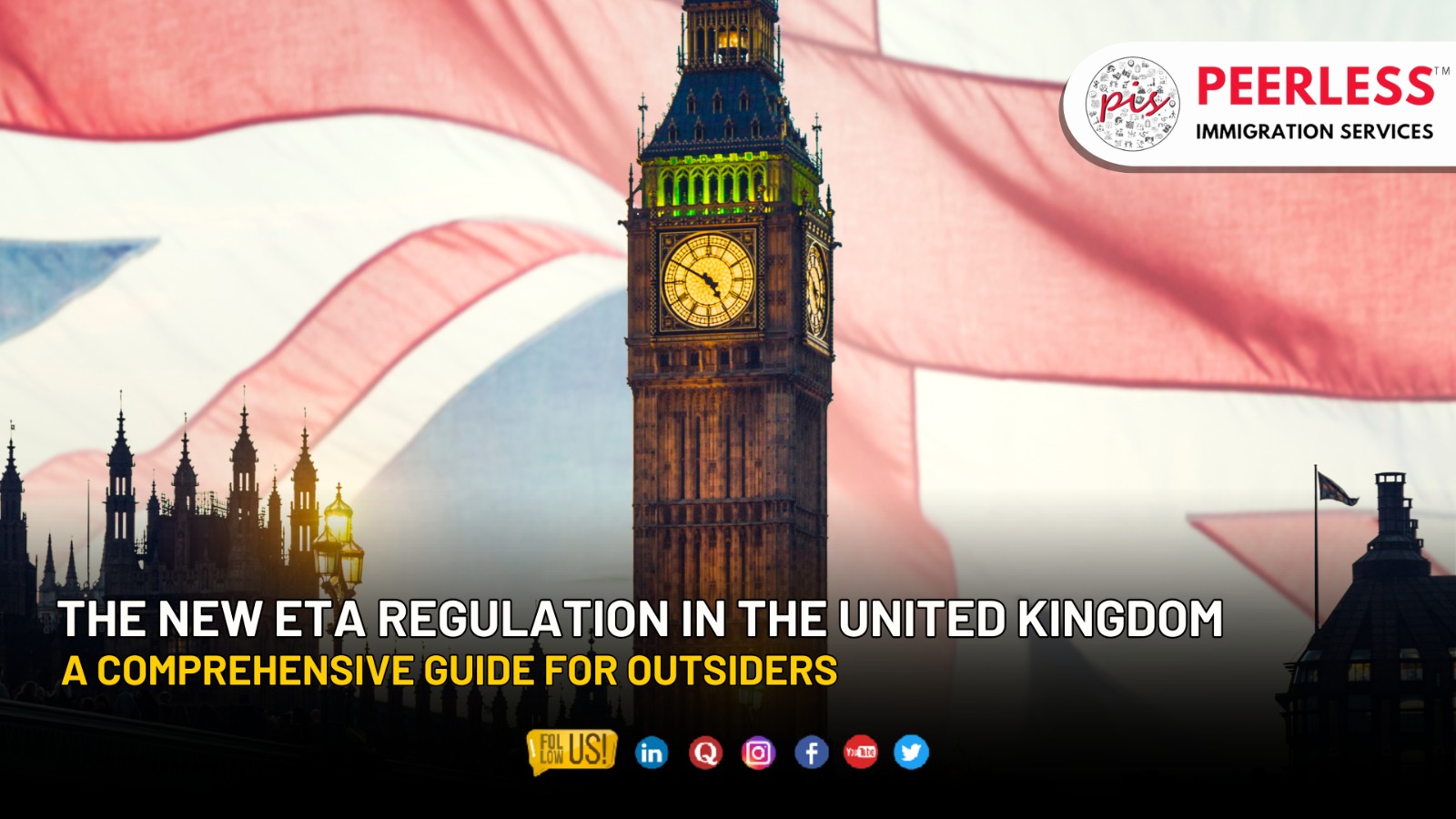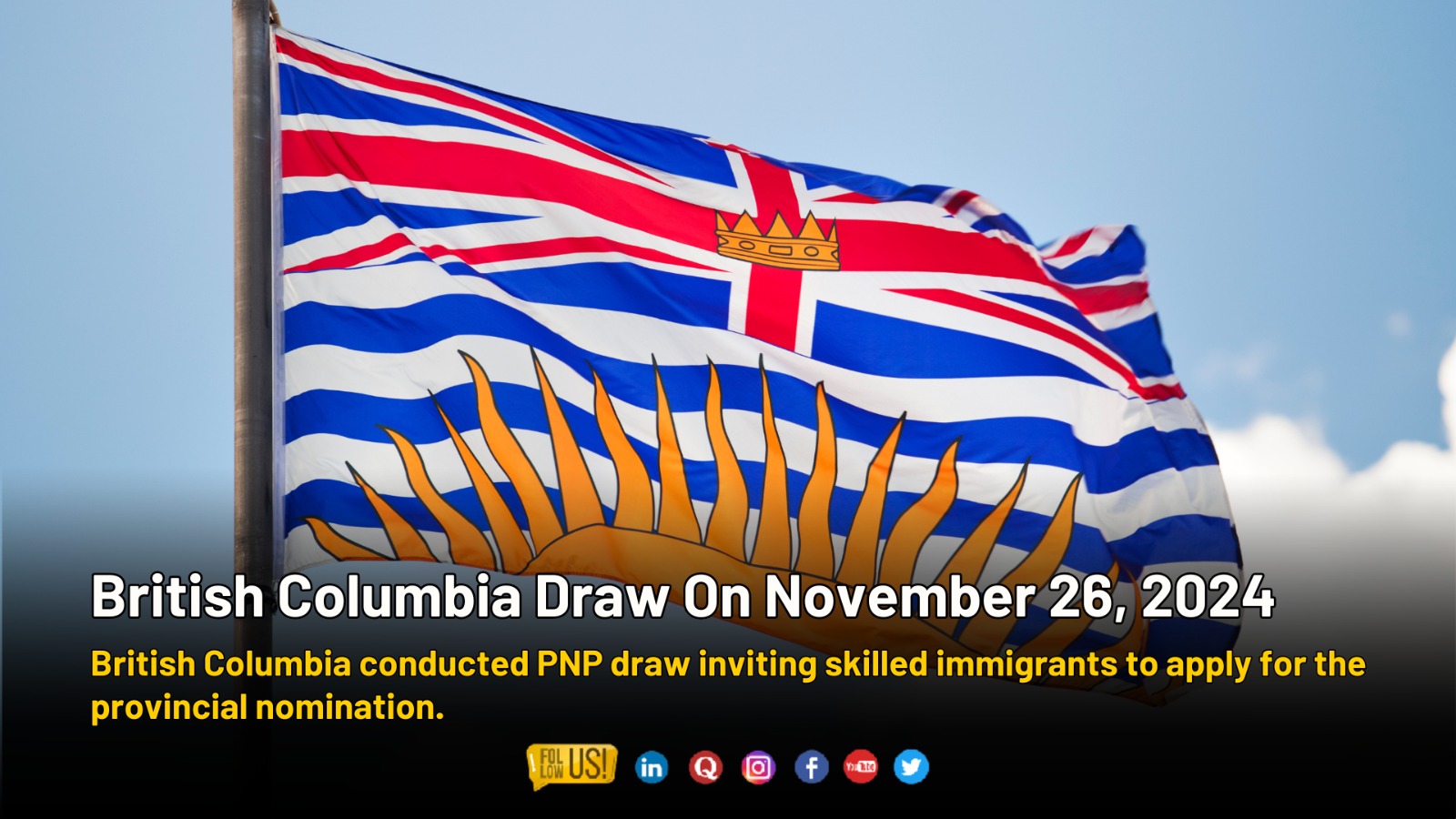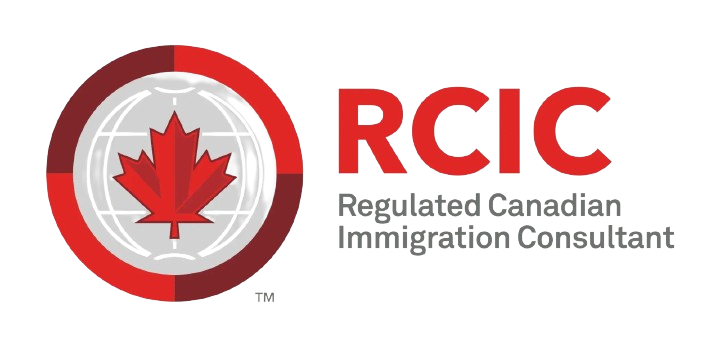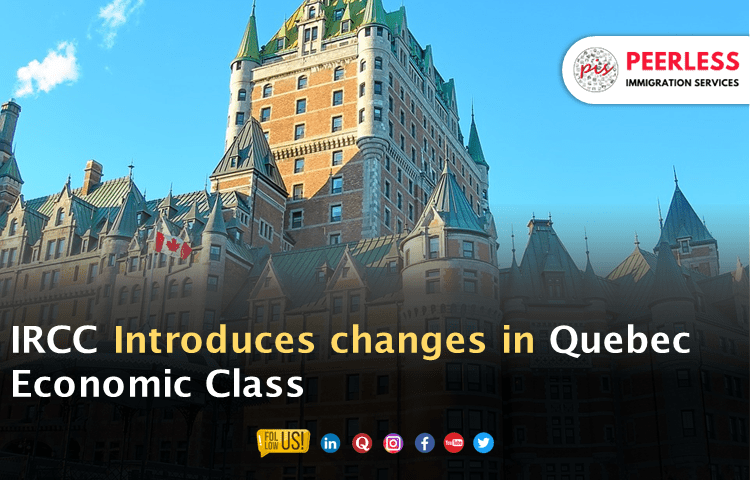
IRCC introduces changes in Quebec Economic Class
The language in the processing instructions has been changed to make it clear that receiving a Quebec Selection Certificate is the only factor that the IRCC takes into account when evaluating eligibility.
Moreover, the following modifications have been made:
- A section titled “Humanitarian and compassionate considerations under R71(c)” has been introduced because the CSQ H10 category (humanitarian class) occasionally comes up in economic applications for applicants who are experiencing hardship or suffering.
- Under “Approving the application,” the link for up-to-date instructions for “Permanent residence: COVID-19 program delivery” has been inserted.
- The ministry of immigration in Quebec now goes under a new moniker
- The instructions pages for the Quebec economic classes now refer to the PR portal instead of CIO-Sydney.
Quebec Economic Classes: Overview of Quebec Process
Obligations under the Canada-Quebec Agreement
The Canada-Quebec Accord, which was signed in 1991, stipulates that Québec is in charge of choosing applications who are headed for the province of Quebec. Quebec Selection Certificates are given to those who are chosen by the province (CSQ).
Canada is still in charge of all of the following:
- Checking security, criminal, and medical records to see if immigrants are eligible to enter Canada;
- Establishing immigration categories and classes, and determining the yearly national immigration levels with input from Quebec
- Enforcement
Only immigrants chosen by Quebec who are eligible to enter Canada under Canadian law will be admitted.
The Quebec ministry responsible for overseeing immigration to the province is called the Ministry of Immigration, Francisation and Integration (MIFI). They are in charge of:
- Evaluating potential investors, entrepreneurs, skilled workers, and self-employed candidates for Quebec against the Quebec selection criteria
- Granting a CSQ to an applicant who fulfils Quebec selection requirements.
The following tasks are handled by the IRCC processing office:
- Once a CSQ has been granted, the application will be evaluated according to the law.
- If all requirements are satisfied, the permanent residence visa will be granted.
What is Quebec Selection Certificate (CSQ)?
An application has been chosen by the province, a document or CSQ released by the MIFI. If a potential applicant already has a CSQ granted by the MIFI, only then may the IRCC grant them a visa if they are travelling to Quebec.
Validity of CSQs at the time of application for Quebec economic classes
The validity of CSQ’s issued on or after August 2, 2018, is 24 months. When the applicant submits a request for permanent residence (PR) to IRCC, the Quebec Selection Certificate (CSQ) must still be in effect (PR Portal). The application must be returned to the applicant if the applicant’s CSQ expires prior to the application being received in the PR Portal. The applicant must reapply to the Ministry of Immigration, Francisation, and Integration for a CSQ. If the applicant’s CSQ is still in effect when the application for PR is received on the PR Portal, the CSQ will be regarded as such until the IRCC makes a decision about the PR application.
Quebec economic classes: Making a final decision
Validity of Quebec Selection Certificate
- Upon submitting an application to IRCC, the Quebec Selection Certificate (CSQ) must still be in good standing. After a valid CSQ has been submitted to IRCC, it will be treated as such until a decision is made on the application for permanent residence. Officers must manually change the “Valid To” field in the Global Case Management System (GCMS) to the date that corresponds to the validity of the medical results if the CSQ validity date has passed at the time that a decision is to be made.
Aspirations to settle in Québec
All Quebec economic class applicants must plan to reside in Quebec (Subsections 86(1) and 86(2) of the Immigration and Refugee Protection Regulations [IRPR]). Before approving the application, this must be verified.
Accept the application:
Send the Permanent Resident Visa (if necessary) and Confirmation of Permanent Residence (CoPR) to the applicant’s address abroad if they reside outside of Canad
If an applicant’s passport was issued by one of the nations listed in R190 (1) (a) or (b), 190(2) (b) – (f), or R190 (2.1), do not grant them a permanent resident visa counterfoil. In these situations, officials may, nevertheless, want to view the applicant’s original passport.
A Canadian port of entry officer must see the CoPR and permanent resident visa counterfoil (if applicable) from approved applicants [R71.1 (1)].
The following procedure applies to accepted applications from temporary residents of Canada who fall under one of the categories listed in R70(2)(a) or (b):
- The landings team at IRCC will send an email to all applicants and their dependents who reside in Canada encouraging them to register for an account there.
- After creating an account, the applicant must verify their current Canadian address on the portal to show that they are physically present in Canada. They must also upload images to their portal account for the manufacture of their permanent resident card.
- At the moment, clients who reside in Canada are not needed to have in-person interviews for landing. All applicants and their accompanying dependents in Canada will be landed after the information is obtained and confirmed by IRCC’s landings team. They will then receive an electronic copy of their CoPR via the landing site.
Considerations on a humanitarian and compassionate grounds under R71 (c)
When the MIFI handles a case that falls within the humanitarian exception set forth in paragraph 65(1)(a) of the Québec Immigration Regulation, they declare that the applicant is a new worker (without indicating the profession). As a result, the CSQ-H10 category is a humanitarian class that occasionally appears in economic applications for applicants who are experiencing hardship or suffering.
Instead of the economic class R86, these applications should be taken into account within the IRPR’s Humanitarian and Compassionate Considerations division, specifically paragraph R71(c). Minors are therefore eligible
Application Rejection
If a candidate is ineligible, an officer may reject them even though Quebec has previously accepted them.
In the Quebec economic classes, every applicant who is rejected must get an official letter of rejection. The denial letter must:
- Identify the immigration category in which the applicant’s application was evaluated; and
- Clearly state the reasons why the application was denied within that category.
- Provide applicants who have paid the Right of Permanent Residence Fee with information about their right to a refund and an estimated time frame for receiving it.
MIFI should also receive a copy of the refusal letter.
